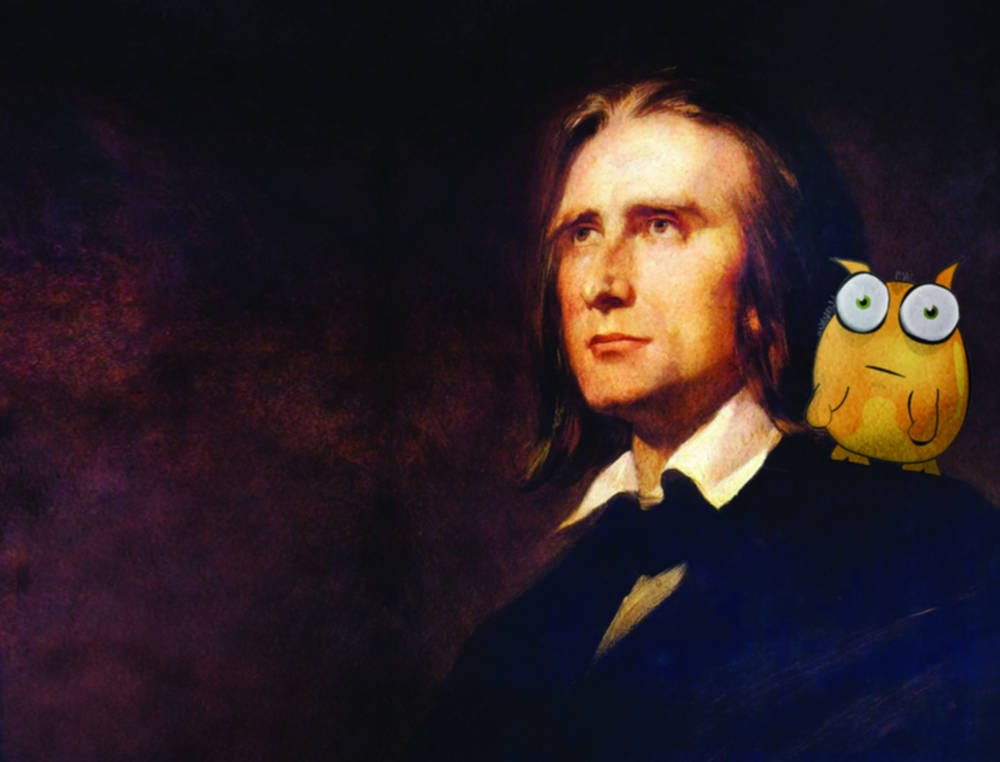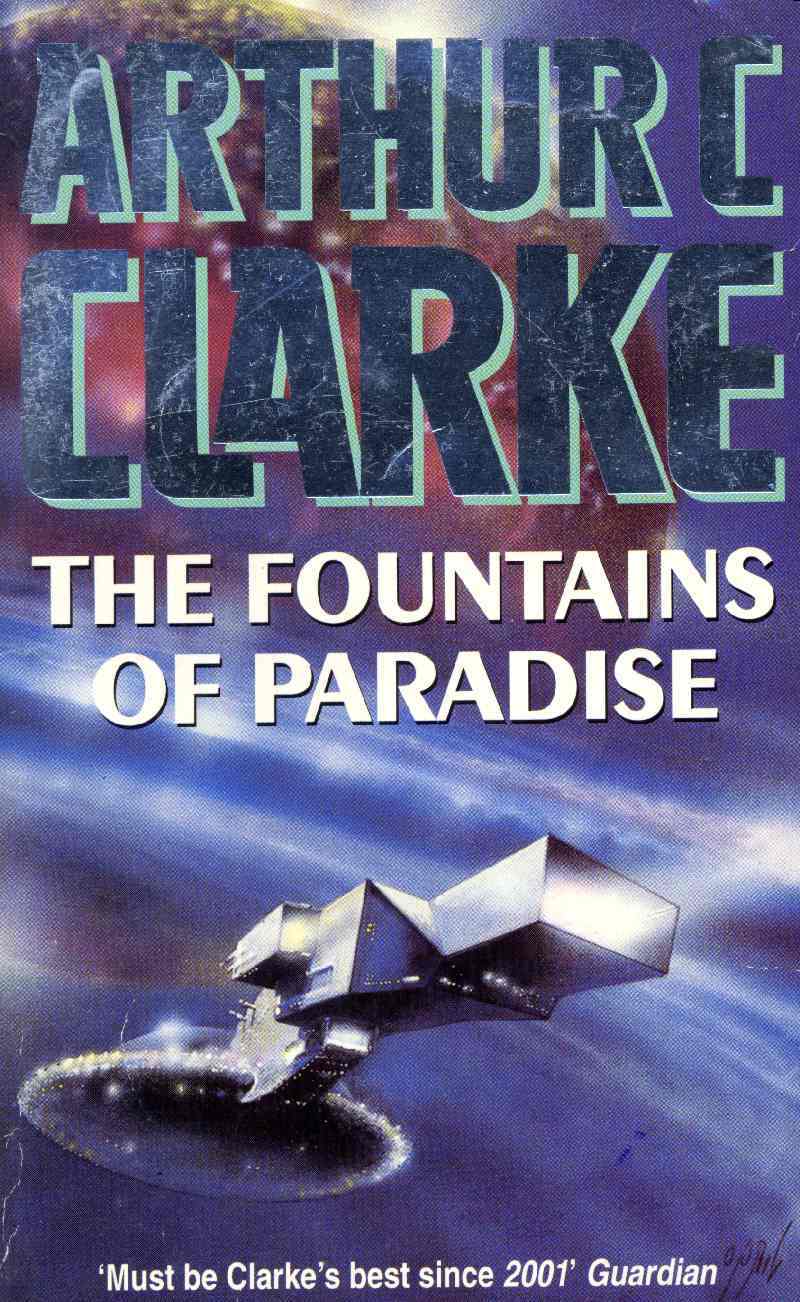Mysterious Chopin list of brain disorders
New hypothesis suggests composer Frederic Chopin suffered from temporal lobe epilepsy

A new hypothesis about the lifelong hallucinations of romantic composer Frederic Chopin suggests he suffered from temporal lobe epilepsy. New research published in the journal Medial Humanities made this diagnosis based on eyewitness accounts of Chopin’s friends and family describing his hallucinatory episodes.
Chopin was known to have ill health throughout his life, such as fever, nasal blockage and recurrent coughing of blood. However, his hallucinations were commonly attributed to his sensitive nature as a creative genius rather than any neurological or psychiatric disorder.
The researchers, led by Manuel Vasquez Caruncho of Xeral-Calde Hospital in Lugo Spain, compiled data from letters, memoirs, and accounts that revealed some common characteristics of Chopin’s hallucinations. They most commonly occurred in the evening and were sometimes the accompaniment of acute infections and fever. Chopin was able to recall them in great detail but he would often become detached from reality during an episode. He suffered from complex visual hallucinations, in particular Lilliputian hallucinations, where the people and images appear smaller than they are in reality.
He suffered from complex visual hallucinations where the people and images appear smaller than they are in reality
Chopin himself recounts an occasion where these Lilliputian images forced him to leave the room while playing his Sonata in B flat minor: “Suddenly, I saw emerging from the half-open case of my piano those cursed creatures.” Death was a recurrent theme of his hallucinations.
Hallucinations are a common symptom of psychiatric conditions such as bipolar disorder, major depression and schizophrenia. However, hallucinations as a result of these are mostly auditory in nature and so could be ruled out of the researchers’ diagnosis.
However, temporal lobe epilepsy is a type of focal epilepsy, where only part of the brain is affected by seizures, and is known to produce complex visual hallucinations. In some cases small animals and people have been reported, which is consistent with Chopin’s Lilliputian hallucinations. This epilepsy is also sometimes preceded by psychiatric symptoms such as anxiety, depression and sleeplessness, conditions Chopin often commented that he suffered from. He was also a known insomniac. Finally, and consistently with the characteristics of temporal lobe epilepsy, Chopin’s hallucinations lasted from seconds to minutes, making the case for epilepsy as his cause of hallucinations convincing.








